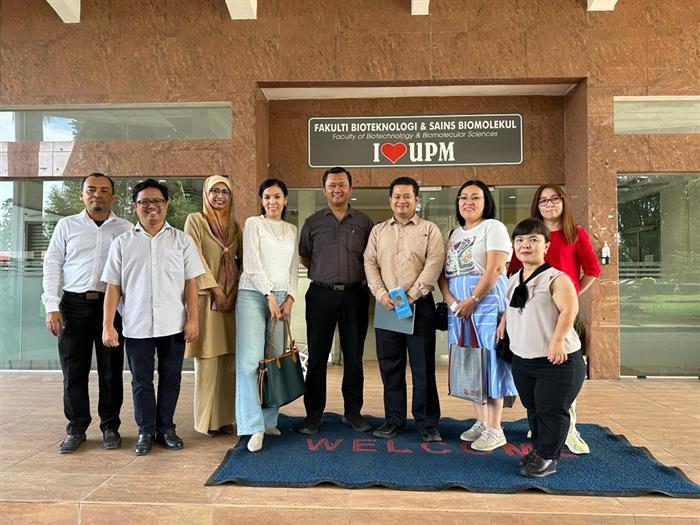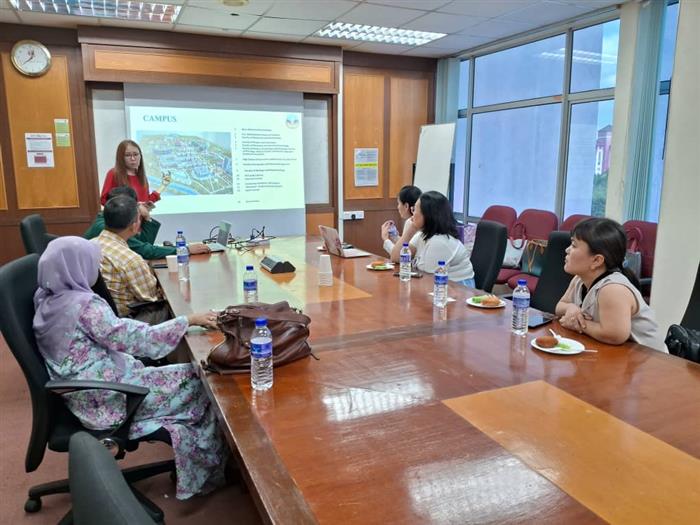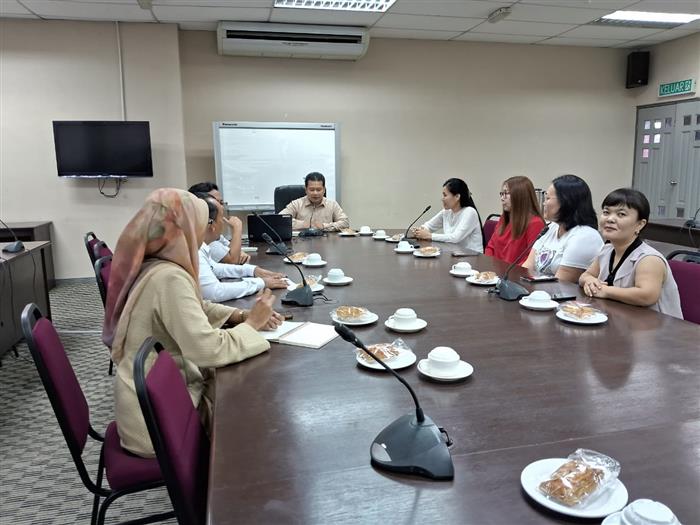The Department of Biotechnology is extending international cooperation
Views: 305
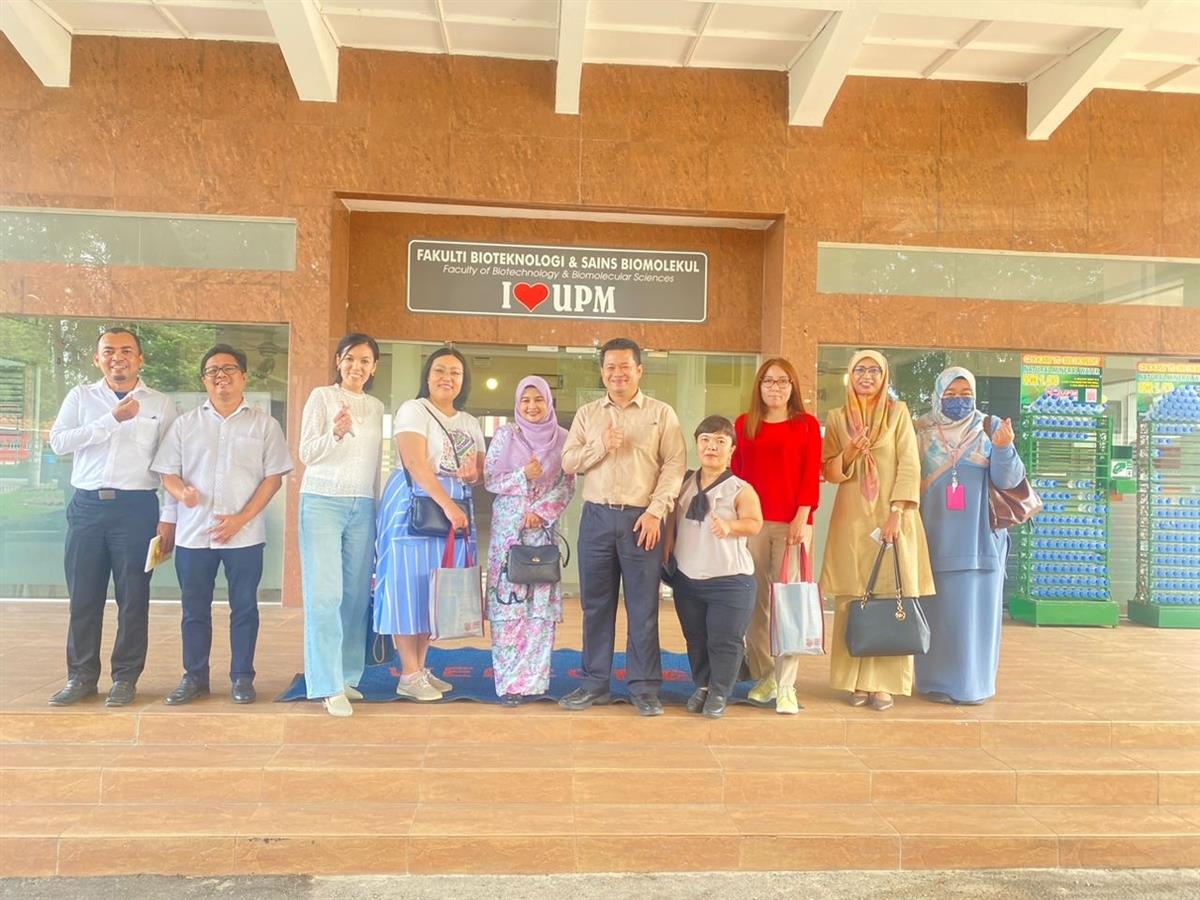
Promoting scientific partnerships for Sustainable Development Goals (SDGs) is crucial for addressing global challenges and achieving sustainable development. Interdisciplinary collaboration is one of the key aspects of fostering scientific partnerships for SDGs aimed to encourage collaboration across diverse scientific disciplines to address the complex and interconnected nature of the SDGs, foster partnerships between natural and social sciences, technology, engineering, and other relevant fields to develop comprehensive solutions, encourage the development and application of advanced technologies to address specific SDGs, such as sustainable agriculture, renewable energy, and healthcare.
The faculty's scientists are actively engaged in international cooperation aimed at achieving the 17th Sustainable Development Goal. Thus, within the framework of the scientific visit, held from December 11 to December 19, 2023, the executors of the project AR 19676645 "Biotechnology of the production of biologically active peptides of whey proteins of mare's milk" Narmuratova M.H., Deputy Head of the Department of Biotechnology on scientific-innovative activity and international cooperation, and Meldebekova A.A., Senior Lecturer of the Department of Biotechnology, and doctoral student of the Department of Biophysics, Biomedicine and Neuroscience G.Kh. Narmuratova discussed the future prospects of international cooperation between two faculties of the University of Putra Malaysia (Kuala Lumpur, Malaysia) – the Faculty of Biotechnology and Biomolecular Sciences, the Faculty of Engineering and the Department of Biotechnology of al-Farabi Kazakh National University. A number of events and meetings were held with the heads of laboratories of the Halal Products Research Institute, the authorities and teaching staff of the Departments of Cellular and Molecular Biology and Biochemistry, scientists and laboratories of the Department of Process and Food Engineering, possibilities of publishing joint articles were discussed, a preliminary agreement was reached on the signing of a Memorandum of mutual understanding, which ensures the opportunity for internships for master students, doctoral students and teaching staff.
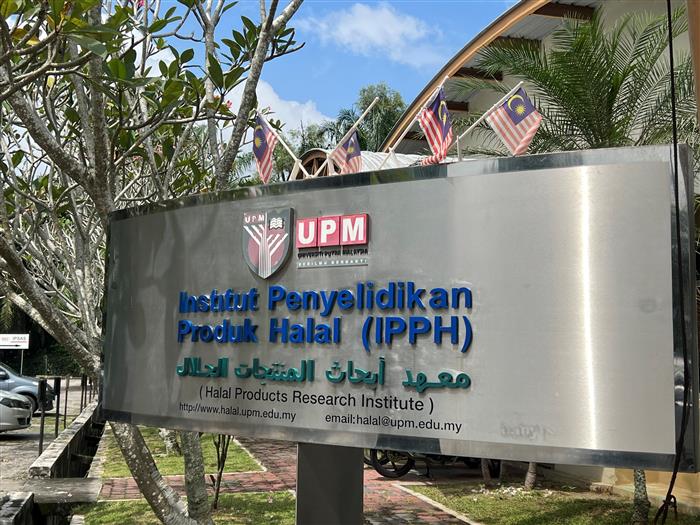
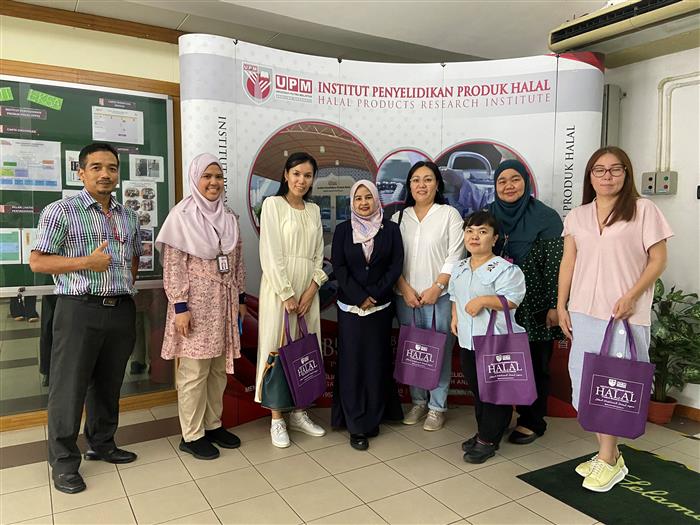
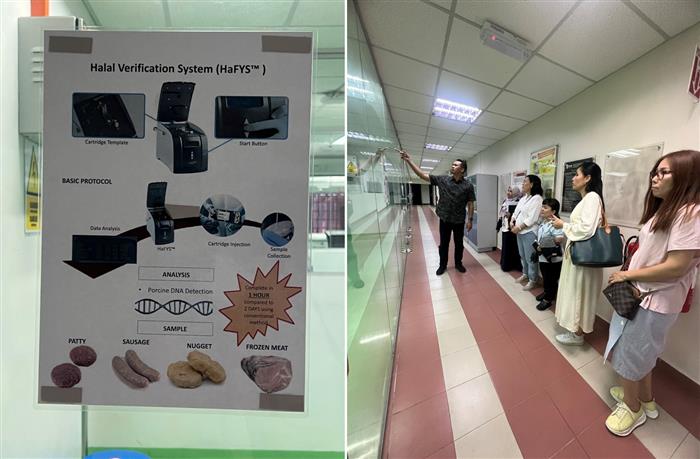
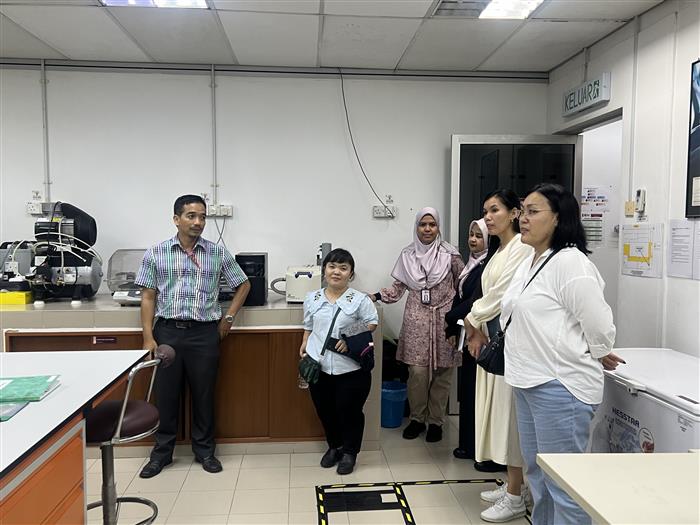
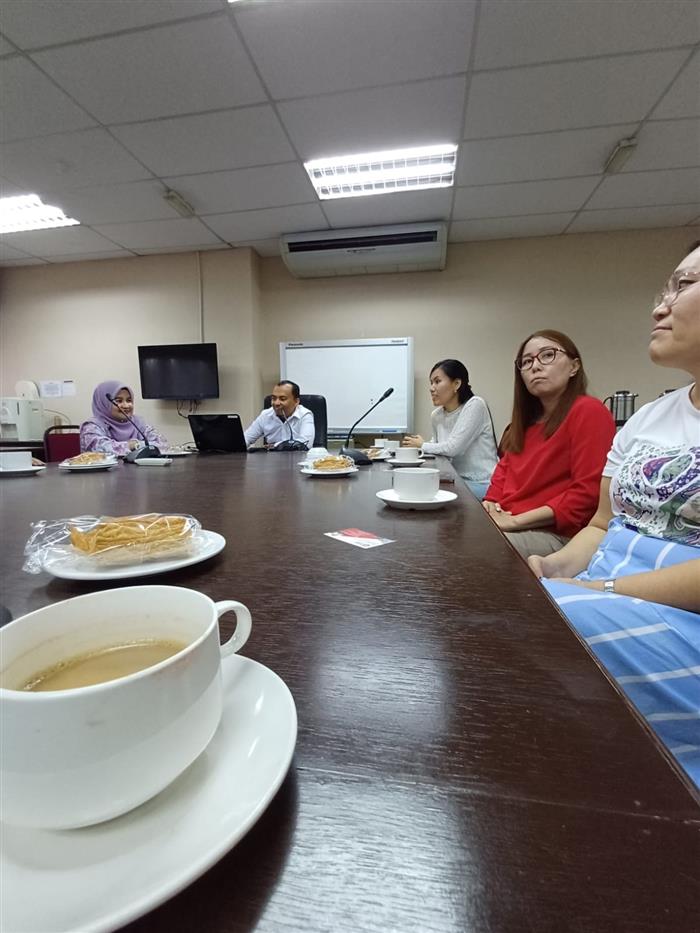
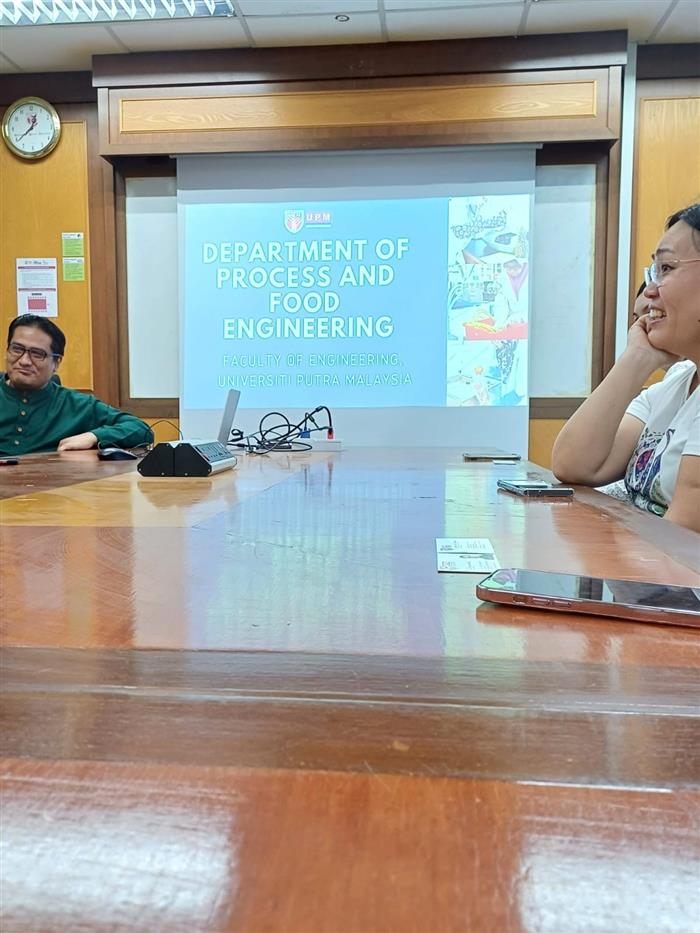
By fostering scientific partnerships that embrace the principle of global networking to facilitate international collaboration by promoting partnerships between scientists, researchers, and institutions from different countries, as well as fostering the knowledge exchange and the sharing of best practices to accelerate progress towards SDGs, two institutions can contribute significantly to the achievement of the Sustainable Development Goals and create a more sustainable and equitable future.









